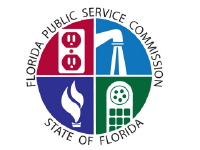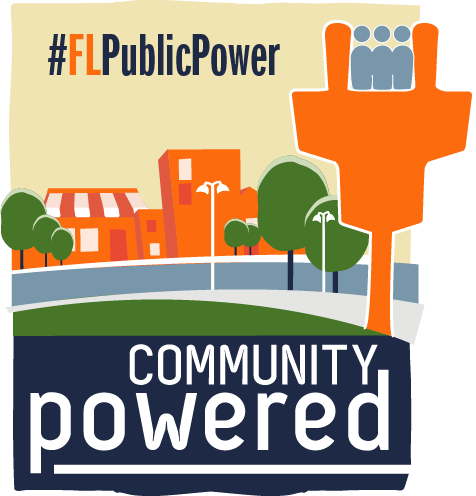Utility Energy Efficiency Goals Debated
 Environmentalists and consumer advocates want state regulators to expand what they consider low or “zero” energy-efficiency goals by major utilities. The state Public Service Commission is holding a hearing this week about “numeric conservation” goals that are set for utilities every five years.
Environmentalists and consumer advocates want state regulators to expand what they consider low or “zero” energy-efficiency goals by major utilities. The state Public Service Commission is holding a hearing this week about “numeric conservation” goals that are set for utilities every five years.
The utilities involved in the hearing are Florida Power & Light, Duke Energy Florida, Tampa Electric Co., Gulf Power, Florida Public Utilities Company, Orlando Utilities Commission and JEA, the municipal utility in Jacksonville. The hearing started Monday and is expected to continue until the end of the week, with commission staff members later outlining recommended goals for each utility. The utilities would eventually have to propose different programs to achieve the goals. Florida Power & Light spokesman Bill Orlove said the company, which has been “aggressively” building solar plants, and its customers have become more energy efficient over the past couple of decades through changes to building codes and programs that includes energy-efficient appliances.
“We’re looking at this from an energy efficiency being done the right way and being done efficiently,” Orlove said. “Really, things have changed over the last few decades. We think energy efficiency programs need to be done right and not add an undue burden to customers by raising rates.” But state Public Counsel J.R. Kelly, who represents consumers in utility issues, said he would like the utilities to lay out proposals that are “challenging” and “achievable,” while continuing programs to help low-income residents and meet the demands of people seeking more energy efficiency. “Ten years ago, the commission set very, very robust goals. Five years ago, they decimated those goals and set them very, very low,” Kelly said. “The utilities this year are proposing zero goals. I honestly don’t know what the commission is going to do. I think setting zero goals, I don’t think is the right way to go. … Anybody can achieve a zero goal.” Kelly added that impacts to rates must also be considered. “We have some ratepayers that are in favor of more energy efficiency. We have some that are not in favor of more energy efficiency,” Kelly said. “A lot of it depends on how it hits their particular pocketbook.” On Monday, a group of environmentalists, advocates and energy-efficiency experts submitted testimony that had been taken before the meeting, as public input was limited during the hearing.
Article reposted with permission from The News Service of Florida.
 Enter your email address in the
Enter your email address in the 